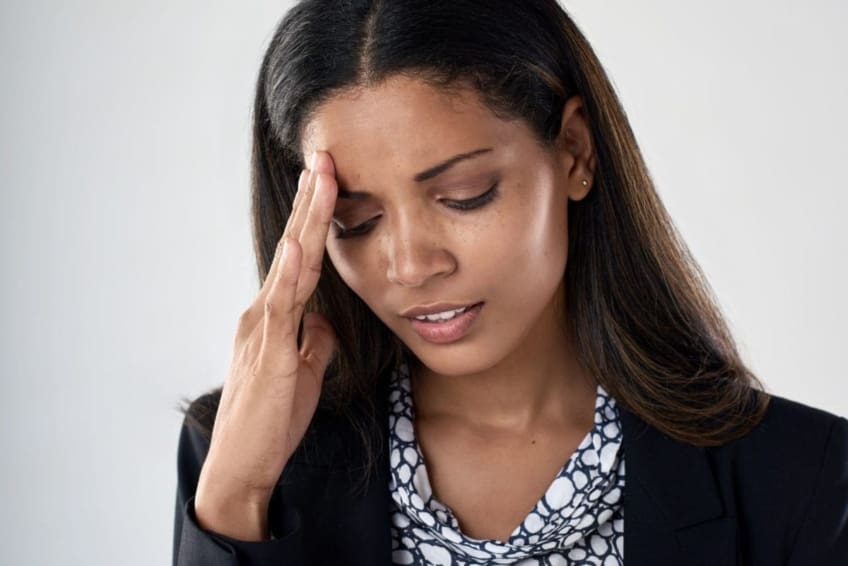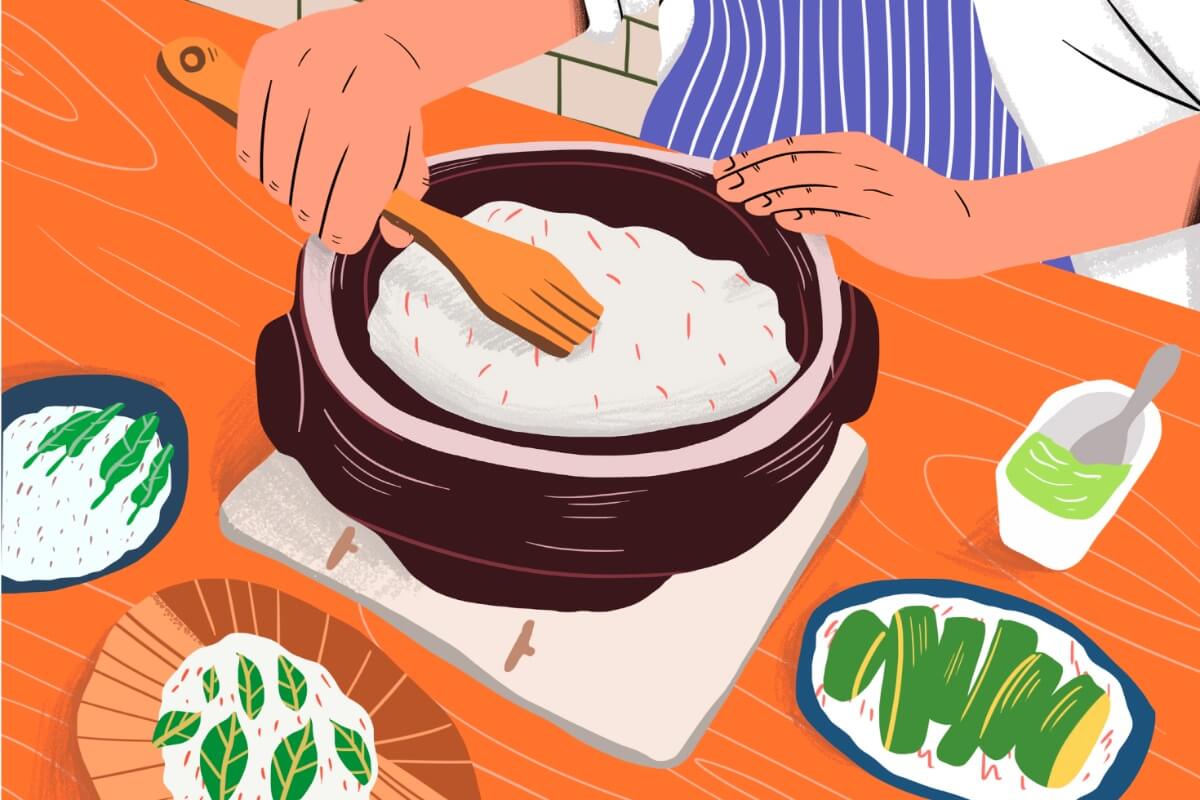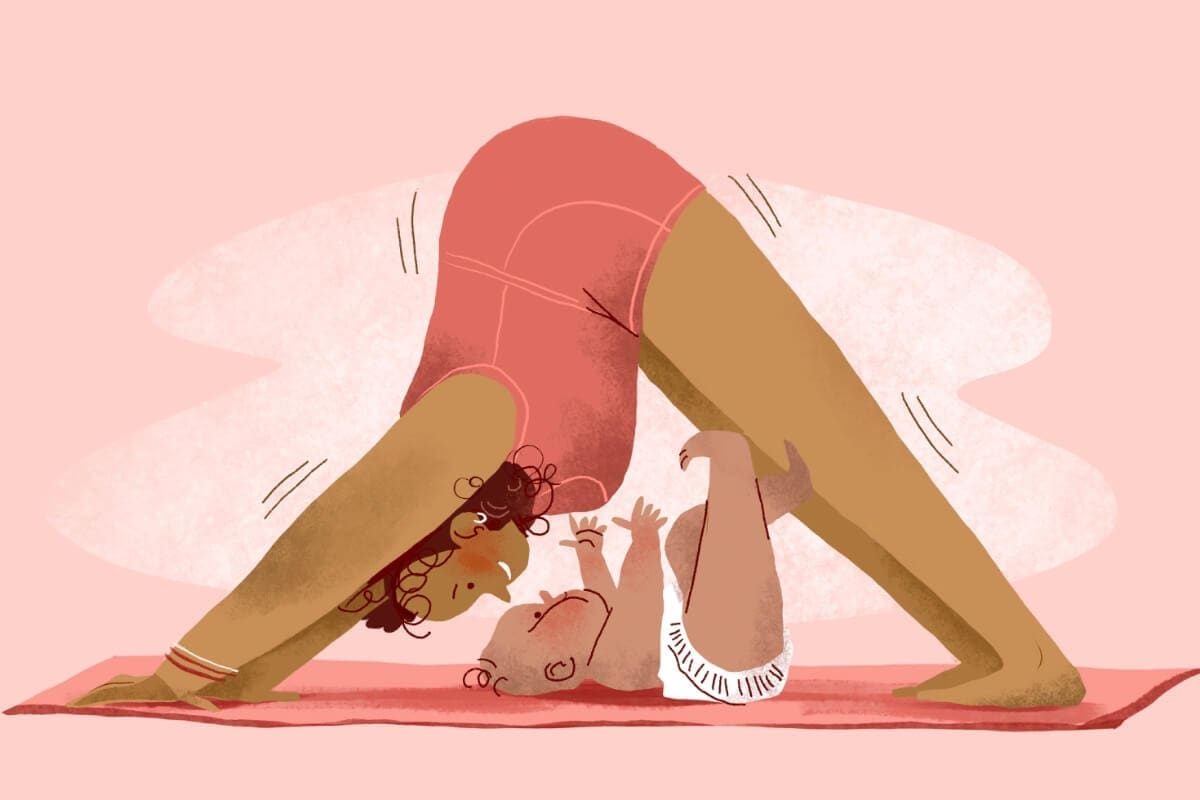
What is chronic pain?
There are 2 types of pain: acute and chronic. Acute pain lets you know that your body is injured. It usually doesn’t last long. It should go away as your body heals. Chronic pain lasts much longer. Chronic pain may last months or even years. Chronic pain may interfere with your daily activities. And because the pain lasts so long, people who have chronic pain may also have low self-esteem, depression, and anger. Sometimes these emotions make the pain even worse.
Symptoms of chronic pain
Chronic pain can occur anywhere in the body. People with chronic pain may have these types of pain:
- Headaches
- Back pain
- Cancer pain
- Arthritis pain
- Pain resulting from nerve damage
The pain can be described as:
- A dull ache
- Soreness
- Stiffness
- Stinging
- Squeezing
- Throbbing
- Burning
- Shooting
Sometimes people with chronic pain have other symptoms. These could include feeling tired, having trouble sleeping, or mood changes.
What causes chronic pain?
Sometimes, chronic pain is caused by an old injury or infection, or by a disease. Sometimes there is no known cause for the pain.
Conditions that may trigger or cause chronic pain include:
- Infections
- Headaches or migraines
- Back problems
- Cancer
- Arthritis
- Fibromyalgia
- Nerve damage
- Previous surgery
Depression and stress tend to make pain worse, including chronic pain.
How is chronic pain diagnosed?
Your doctor will ask you about your medical history. Describing your pain will help your doctor find the right treatment for you. Tell them where the pain is, how bad it is, and how often it occurs. Also talk about what makes the pain better or worse. Your doctor will do a physical exam and may run tests to help determine the cause of your pain.
They will also review other health problems you may have (such as breathing problems or heart conditions). These could keep you from doing some types of therapy. Your doctor may also ask if you have had any problems with sleep, mood, or anxiety.
Can chronic pain be prevented or avoided?
In many cases, chronic pain can’t be prevented. Some conditions that cause it, such as cancer, can be avoided in various ways. But there is often nothing you can do to control if you get chronic pain.
Chronic pain treatment
The goal of treatment for chronic pain is to reduce pain and to improve your ability to function. There are many treatments available. They will usually not take away all of your pain. But they can reduce how much pain you have and how often it occurs. Some of the more common treatments include:
Medicine
Medicines used for chronic pain include pain relievers, antidepressants, and anticonvulsants. Different types of medicines help people who have different types of pain. If your doctor recommends an over-the-counter pain reliever, read and follow the instructions on the box. Short-acting medicines treat pain that comes and goes. Your doctor usually will recommend long-acting medicines for constant pain.
Your doctor might recommend a prescription pain reliever. Be sure to follow their instructions for how to take the medicine. Many prescription pain relievers are opioids. Opioids can be effective when taken as directed. But many people who misuse opioids become addicted. Opioid addiction is a very serious health issue that can lead to death.
Therapy
Several types of therapy can help ease your pain:
- Physical therapy– includes stretching and activities to strengthen muscle.
- Low-impact exercise– could include walking, swimming, or biking.
- Occupational therapy– teaches you how to pace yourself and do ordinary tasks differently. This helps you reduce your pain or avoid reinjuring yourself.
- Behavioral therapy– methods that help you relax and decrease stress. They could include meditation, tai chi, or yoga.
Almost anything you do to relax or get your mind off your problems may help control pain. Even if you are taking medicine for pain, you should include relaxing activities in your daily life. Relaxation can actually change the body’s chemicals that produce pain. You might have to use stress-reduction methods for several weeks before you notice a decrease in pain. Your doctor can give you tips about stress reduction and relaxation methods.
Complementary and Alternative Medicine (CAM)
Some people with chronic pain find benefits in complementary and alternative medicine (CAM). These involve treatments that are not part of mainstream medical care. Acupuncture and massage are examples of these treatments. Talk to your doctor before trying any CAM procedures.
Severe cases of chronic pain could require more invasive treatment. This could include electrical stimulation, nerve blocks, or surgery. There is usually no cure for chronic pain. Talk to your doctor to learn how to best control your pain.
Living with chronic pain
Lifestyle changes are an important part of treatment for chronic pain. Getting regular sleep at night and not taking daytime naps should help. Stopping smoking also helps because the nicotine in cigarettes can make some medicines less effective and impairs healing. Smokers also tend to have more pain than nonsmokers.
Living with chronic pain can be very difficult. It is important to take care of yourself. Get plenty of sleep, eat a healthy diet, and try to exercise moderately. Do the best you can to manage stress and depression. These can make your pain worse.
Learn about what is causing your pain. Understand your limits and work within them so you don’t cause yourself more pain. Be open to trying new ways of managing your pain.
Questions to ask your doctor
- What is the likely cause of my pain?
- Why won’t it go away?
- What is the best treatment option for me? Will I need medicine?
- Will I become addicted to opioid pain relievers?
- Will physical, occupational or behavioral therapy help relieve my pain?
- What about alternative therapies, such as yoga, massage or acupuncture?
- Is it safe for me to exercise? What kind of exercise should I do?
- Do I need to make any lifestyle changes?
![]()
Copyright © American Academy of Family Physicians
This information provides a general overview and may not apply to everyone. Talk to your family doctor to find out if this information applies to you and to get more information on this subject.













